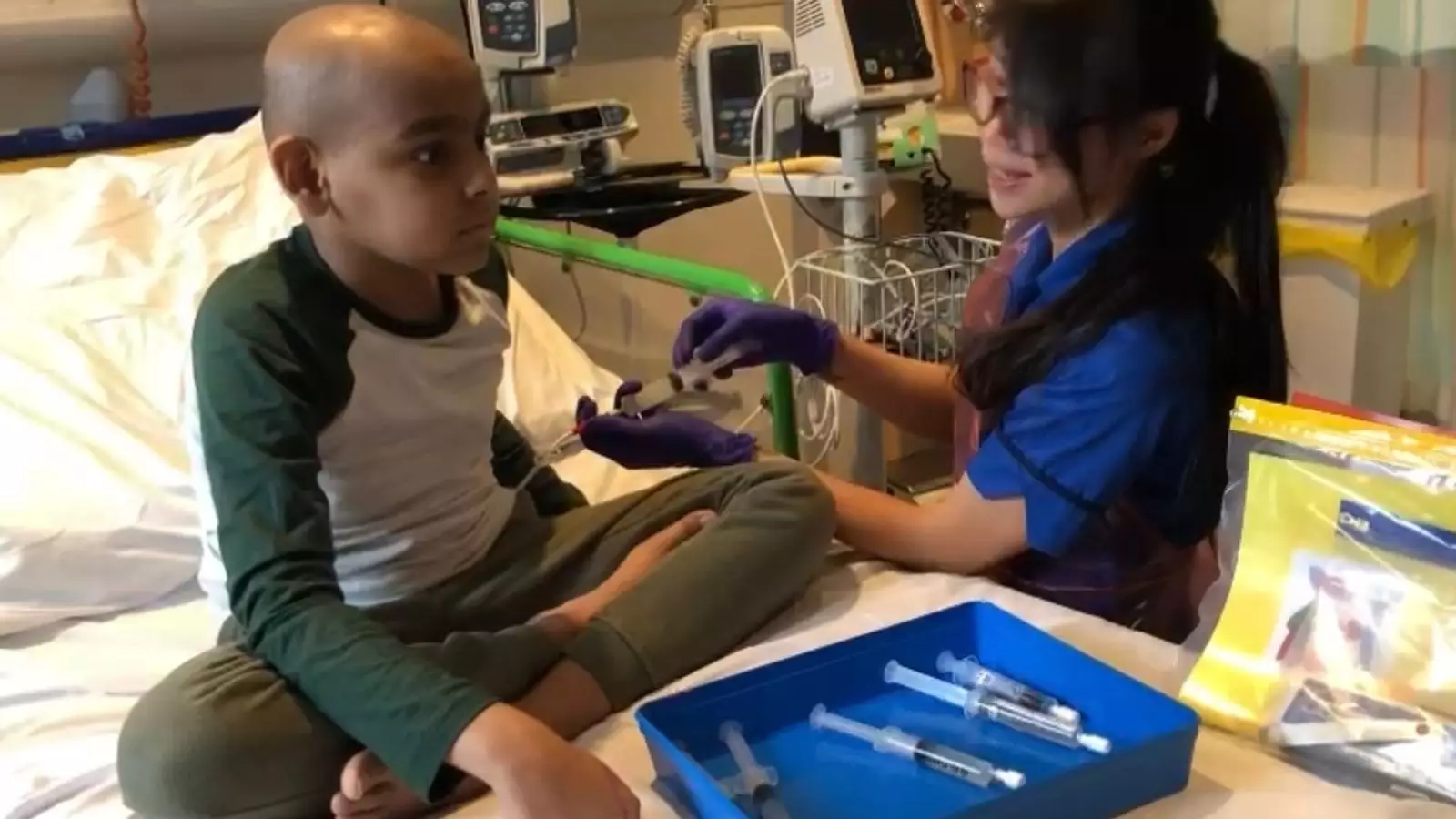In a groundbreaking move, nearly 100,000 cancer patients have been able to receive fast-track access to newly approved NHS drugs. This includes Yuvan Thakkar, a 16-year-old boy who became the first NHS patient to undergo a revolutionary therapy that uses the body’s own cells to combat cancer. Yuvan, who was diagnosed with leukemia at the tender age of six, underwent the innovative CAR-T therapy, known as tisagenlecleucel (Kymriah), at Great Ormand Street Hospital. This treatment involved the removal of his immune cells, modification to target and destroy cancer cells, and their re-introduction into his body.
Impact on Patients
For patients like Yuvan, faster access to treatments like CAR-T therapy has been life-changing. Yuvan himself described his experience as akin to being on a “slope going up”. He shared that the treatment, though initially challenging, ultimately led to a significant improvement in his health and well-being. Yuvan’s story highlights the immense impact that swift access to innovative cancer treatments can have on a patient’s life. Thanks to the NHS Cancer Drugs Fund, established in 2016 to expedite patient access to new treatments, individuals battling various types of cancer, from common to rare, have been able to benefit from cutting-edge therapies.
While the progress made in providing faster access to cancer treatments is commendable, there are concerns raised by experts in the field. Professor Pat Price, a prominent oncologist, and co-founder of the Catch Up With Cancer campaign, expressed apprehension about the challenges faced by individuals who are still awaiting treatment due to a backlog of cancer cases. The COVID-19 pandemic has exacerbated this issue, with an estimated 250,000 patients experiencing delays in their treatment schedules. Professor Price emphasized the importance of timely intervention, stating that the current targets set by the NHS are not ambitious enough to address the growing crisis in cancer care.
As advancements in cancer treatment continue to evolve, it is crucial for healthcare systems, such as the NHS, to adapt and prioritize timely access to innovative therapies. The success stories of patients like Yuvan underscore the transformative potential of cutting-edge treatments in improving health outcomes and quality of life. Moving forward, it is imperative for policymakers, healthcare professionals, and stakeholders to work collaboratively in addressing the challenges faced by cancer patients and ensuring equitable access to life-saving interventions. By harnessing the power of medical innovation and streamlining patient care pathways, we can strive towards a future where cancer is no longer a formidable adversary, but a conquerable disease.

Leave a Reply